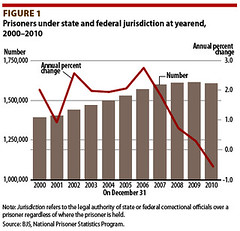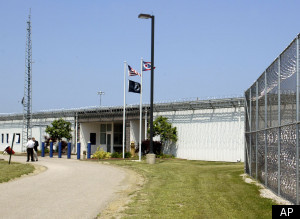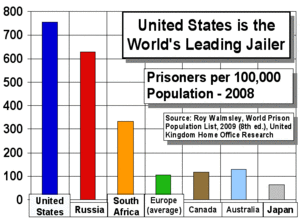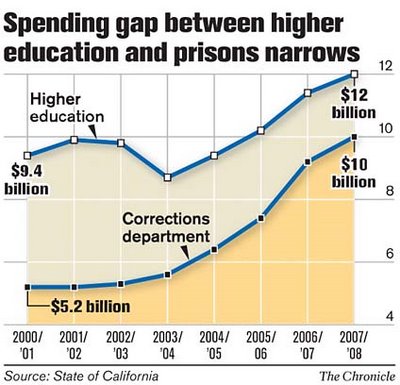I asked Lowndes County Commission Chair and Georgia Department
of Corrections (GDOC) board member Ashley Paulk if he had heard whether
the private prison contract had been extended past yesterday’s
deadline.
He had not.
 However, he did volunteer that he had asked the GDOC board whether
they had had any discussion about such a prison and they had not.
Further, GDOC just last year
approved a CCA prison in Jenkins County, Georgia,
so why would another one be built here?
Prison populations are decreasing in Georgia, Paulk said.
He even said, “It’s like the biomass situation,”
in that there’s no business model.
It was Ashley Paulk who
signaled the end of the biomass project.
And he already signaled the end of the private prison project
on the front page of the VDT
and
However, he did volunteer that he had asked the GDOC board whether
they had had any discussion about such a prison and they had not.
Further, GDOC just last year
approved a CCA prison in Jenkins County, Georgia,
so why would another one be built here?
Prison populations are decreasing in Georgia, Paulk said.
He even said, “It’s like the biomass situation,”
in that there’s no business model.
It was Ashley Paulk who
signaled the end of the biomass project.
And he already signaled the end of the private prison project
on the front page of the VDT
and
 he told Eames Yates of WCTV 29 Feb 2012,
he told Eames Yates of WCTV 29 Feb 2012,
Until you have a customer, you won’t see a prison, and they don’t have a customer.He said several times yesterday he did not expect the private prison to be built. And he went beyond what he had said before in explicitly likening the private prison project to the biomass project.
After last Thursday’s Valdosta City Council meeting, two different Valdosta City Council members and Mayor John Gayle all told me they had talked to various people and they didn’t expect CCA’s private prison to be built.
I hope they’re all correct about that.
But we all still wait for the Industrial Authority to tell us. They’re missing a huge potential positive PR opportunity by not holding a big press conference and taking credit for ending the private prison. They still could do that this morning.
 Or they could keep claiming that
community activism has no effect,
even though it is activism that got both of those projects in the news and
got people like Ashley Paulk to speak out.
Maybe the Industrial Authority likes people to laugh at them.
Me, I’d prefer an Industrial Authority that stood up for the people of this community.
Or they could keep claiming that
community activism has no effect,
even though it is activism that got both of those projects in the news and
got people like Ashley Paulk to speak out.
Maybe the Industrial Authority likes people to laugh at them.
Me, I’d prefer an Industrial Authority that stood up for the people of this community.
-jsq














